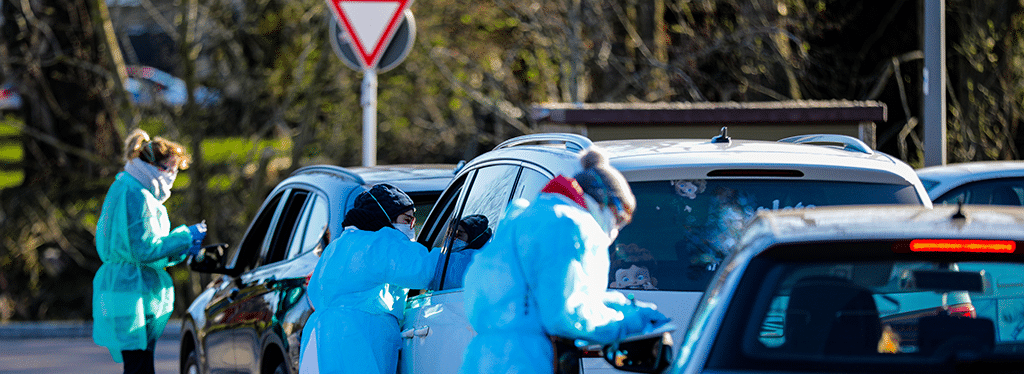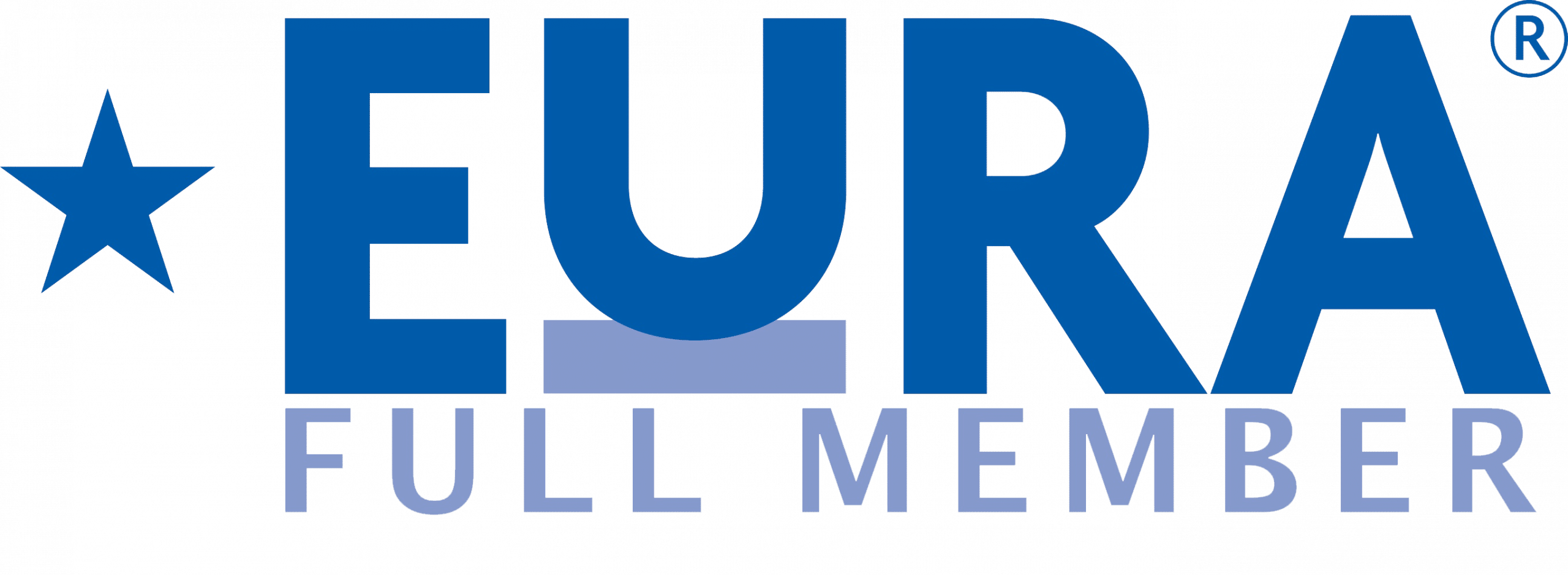
COVID-19 France Immigration Update
As the Coronavirus continues to spread, countries are each taking different measures to try to stunt the growth of infection.
With health authorities reporting France nearing an all-time high in COVID-19 infections and seeing a rise in hospitalisations, the country has enacted specific measures that affect travel and immigration from certain countries. Learn more about the current impact on France in our latest Altair Alert.
Traffic Restrictions at the French External Borders
As of September 1, 2020, the list of countries outside the European zone whose residents are not affected by a restriction at France’s external borders includes:
- Australia
- Canada
- Georgia
- Japan
- New Zealand
- Rwanda
- South Korea
- Thailand
- Tunisia
- Uruguay
This list will be regularly updated.
The categories of persons authorized to enter French territory from countries considered to be at risk are listed in the latest version of the certificate of travel to metropolitan France (this certificate is accompanied by a sworn declaration that the traveller does not present any symptoms of COVID-19 infection — children under 11 years of age are not concerned).
Thus, the categories of persons admitted and falling under the so-called “qualified” immigration are as follows:
- Third-party country nationals who are holders of a French or European residence permit or valid long-stay visa, having their primary residence in France or transiting through France to reach their residence in a country of the European Union or assimilated
- Third-party country nationals with a “Passport Talent” long-term visa
- Students with long-term visas, short-term visas in order to study, an internship or coming for less than 90 days from a country exempted from short-term visas, with proof of address in France
- Teachers or researchers employed or invited by a French educational institution or research lab, travelling for teaching or research purposes
It should be noted that some French Consulates’ websites are not all up to date as far as applicants for “Passport Talent” visas are concerned.
At this time, it is still unclear in regard to applicants for “ICT Seconded Employee,” “ICT Trainee,” “Salaried Employee” and “Temporary Worker” visas whose employment in France is of economic interest and who have not yet obtained a visa, or whose valid visas have not yet been used.
The French Consulate in Mexico City has just refused to process an application for an “ICT Seconded Employee” visa. The same decision can be expected in other cases, even if the French labour authority has previously validated a file relating to a salary introduction procedure (“Salaried Employee” and “Temporary Worker” permits).
Finally, France has decided to resume—as a measure of solidarity—the processing and issuance of visas for the benefit of Lebanese nationals residing in Lebanon.
Implementation of Sanitary Measures
Persons aged 11 or older from Bahrain, the United Arab Emirates, the United States or Panama must present a negative COVID-19 test result less than 72 hours before the flight at the time of boarding.
Persons aged 11 or older from Algeria, Argentina, Armenia, Bolivia, Bosnia and Herzegovina, Brazil, Chile, Colombia, Costa Rica, Equatorial Guinea, India, Israel, South Africa, Palestinian Territories, Kyrgyzstan, Kosovo, Kuwait, Lebanon, Madagascar, Maldives, Mexico, Moldova, Montenegro, Oman, Peru, Qatar, Dominican Republic, Serbia or Turkey will undergo this test upon arrival in the French metropolitan territory in the event that they do not present previously carried out test results.
In general, the presentation of the test is strongly recommended given the changing context. Travellers may also be quarantined if they experience COVID-19 symptoms or fail to present the test.
Summary
Altair Global will continue to monitor this situation and communicate any major updates to our customers and clients. Please contact your Altair Global Client Services representative for more information.
For more information on the novel coronavirus and its impact on mobility across the globe, please visit our COVID-19 Resources page.
Share This Story, Choose Your Platform!
As the Coronavirus continues to spread, countries are each taking different measures to try to stunt the growth of infection.
With health authorities reporting France nearing an all-time high in COVID-19 infections and seeing a rise in hospitalisations, the country has enacted specific measures that affect travel and immigration from certain countries. Learn more about the current impact on France in our latest Altair Alert.
Traffic Restrictions at the French External Borders
As of September 1, 2020, the list of countries outside the European zone whose residents are not affected by a restriction at France’s external borders includes:
- Australia
- Canada
- Georgia
- Japan
- New Zealand
- Rwanda
- South Korea
- Thailand
- Tunisia
- Uruguay
This list will be regularly updated.
The categories of persons authorized to enter French territory from countries considered to be at risk are listed in the latest version of the certificate of travel to metropolitan France (this certificate is accompanied by a sworn declaration that the traveller does not present any symptoms of COVID-19 infection — children under 11 years of age are not concerned).
Thus, the categories of persons admitted and falling under the so-called “qualified” immigration are as follows:
- Third-party country nationals who are holders of a French or European residence permit or valid long-stay visa, having their primary residence in France or transiting through France to reach their residence in a country of the European Union or assimilated
- Third-party country nationals with a “Passport Talent” long-term visa
- Students with long-term visas, short-term visas in order to study, an internship or coming for less than 90 days from a country exempted from short-term visas, with proof of address in France
- Teachers or researchers employed or invited by a French educational institution or research lab, travelling for teaching or research purposes
It should be noted that some French Consulates’ websites are not all up to date as far as applicants for “Passport Talent” visas are concerned.
At this time, it is still unclear in regard to applicants for “ICT Seconded Employee,” “ICT Trainee,” “Salaried Employee” and “Temporary Worker” visas whose employment in France is of economic interest and who have not yet obtained a visa, or whose valid visas have not yet been used.
The French Consulate in Mexico City has just refused to process an application for an “ICT Seconded Employee” visa. The same decision can be expected in other cases, even if the French labour authority has previously validated a file relating to a salary introduction procedure (“Salaried Employee” and “Temporary Worker” permits).
Finally, France has decided to resume—as a measure of solidarity—the processing and issuance of visas for the benefit of Lebanese nationals residing in Lebanon.
Implementation of Sanitary Measures
Persons aged 11 or older from Bahrain, the United Arab Emirates, the United States or Panama must present a negative COVID-19 test result less than 72 hours before the flight at the time of boarding.
Persons aged 11 or older from Algeria, Argentina, Armenia, Bolivia, Bosnia and Herzegovina, Brazil, Chile, Colombia, Costa Rica, Equatorial Guinea, India, Israel, South Africa, Palestinian Territories, Kyrgyzstan, Kosovo, Kuwait, Lebanon, Madagascar, Maldives, Mexico, Moldova, Montenegro, Oman, Peru, Qatar, Dominican Republic, Serbia or Turkey will undergo this test upon arrival in the French metropolitan territory in the event that they do not present previously carried out test results.
In general, the presentation of the test is strongly recommended given the changing context. Travellers may also be quarantined if they experience COVID-19 symptoms or fail to present the test.
Summary
Altair Global will continue to monitor this situation and communicate any major updates to our customers and clients. Please contact your Altair Global Client Services representative for more information.
For more information on the novel coronavirus and its impact on mobility across the globe, please visit our COVID-19 Resources page.



![COVID-19 France Immigration Update 7 [GUIDE] Local Plus Policy Considerations](https://www.altairglobal.com/wp-content/uploads/2024/12/GCS-Thought-Leadership-Blog-Header-Image-500x383.png)



